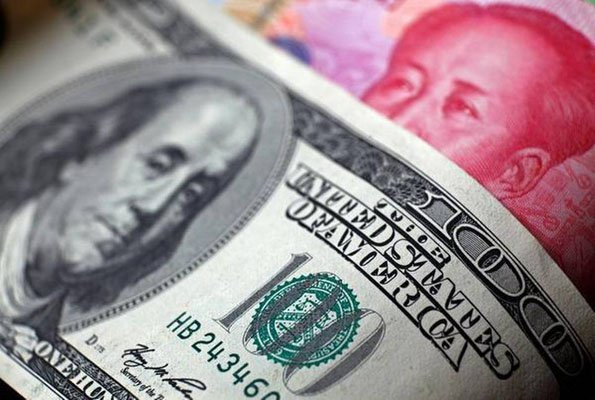China is relaxing currency conversion rules within Shenzhen's city limits under a pilot program wherein foreign currencies can get converted to renminbi without preapproval of banks.
All four free trade zones are in Shenzhen's Special Economic Zone.
However, the approval system this time will involve spot checks. Still, this will just take minutes unlike the old way of getting an approval for foreign currency conversion which took hours.
The documentation will also be down to a single sheet of paper.
Beijing chose the easing of rules in Shenzhen because this economic zone was set up four decades ago when China's economic reforms took off.
This move is seen as a step to make Shenzhen a benchmark for competitiveness and innovation by the middle of the century, making it a model city globally.
Iris Pang, an economist at ING Bank, also believes this pilot program is a gesture to show Beijing's support for Shenzhen.
Likewise, the State Administration of Foreign Exchange ("SAFE"), China's foreign exchange regulator, which turned 40 years old this year, hinted this is coming by announcing its commitment to optimize the country's foreign exchange rules as another move of China liberalizing its economy.
Confirming this is Witman Hung Wai-man, the principal liaison officer for Hong Kong in Shenzhen's Qianhai special economic zone who said that this move is "an expansion" of another "existing pilot within Shenzhen to build it "into a model global city."
SAFE's new policy of no preapproval needed to convert another currency to yuan is an offshoot of another program that was started in February 2018 in Qianhai, a pilot free-trade zone in Shenzhen that was extended to Shekou in July.
SAFE said that in July, 71 companies had already converted US$1.49 billion yuan.
Iris also pointed out that "conversion and payments are already easy in Shenzhen, as long as the bank you deal with has a branch in Qianhai."
Guan Tao, a former director of the international payments department at SAFE, said that the key move for China at this stage is to make transactions easy in channels that are already open, instead of exploring new fronts for opening up.
China's currency control system asks foreign investors to open separate bank accounts for current funds and capital funds.
A foreign currency's current account is for earnings from interest or dividends from portfolio securities and regular transfers including export and import of goods and services.
On the other hand, a foreign currency's capital account is for direct investments which include changes in a company's registered capital, purchase, and sale of debt securities, fixed assets or equity and loans or trade credit.
Generally, capital account transactions need the approval of SAFE. Transactions for current account, meanwhile, can be directly made through the bank.





